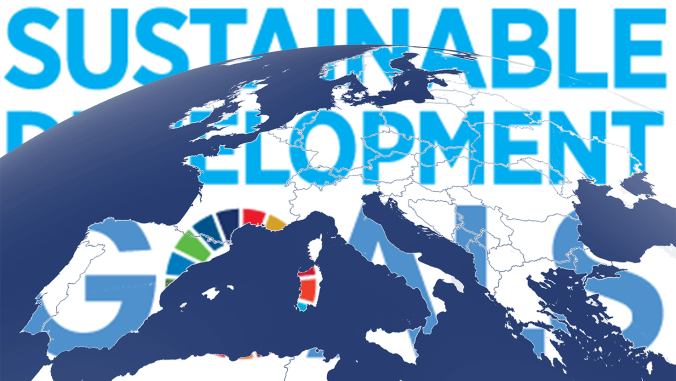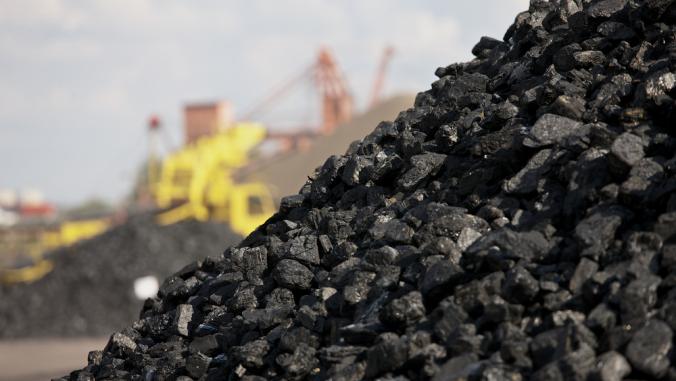UN: Transition to green economy would create millions of jobs
<p>Report says up to 60 million new jobs could be created by global shift to cleaner energy, technology and industry.</p>

Shifting to a greener economy could generate up to 60 million additional jobs over the next two decades and lift millions of people out of poverty, UN agencies and trade unions said recently, urging governments to use the Rio+20 summit to turn this potential into reality.
A new report finds the transformation of key sectors such as agriculture, energy, construction and transport has already created tens of millions of jobs and will eventually affect at least half of the global workforce, equivalent to around 1.5 billion people.
It says the renewable energy sector now employs close to five million workers, more than doubling the number of jobs from 2006 to 2010, while energy efficiency is an important source of green jobs in the construction industry, which is among the hardest hit by the economic crisis.
Three million people are employed in the US environmental goods and services sector, while government figures show the equivalent figure in the UK is just under one million.
In the EU alone, 14.6 million direct and indirect jobs exist in the protection of biodiversity and rehabilitation of natural resources and forests, says the paper, published by the International Labour Organisation (ILO), United Nations Environment Programme (UNEP) and the International Trade Union Congress (ITUC).
Photo of solar panel worker provided by Lisa F. Young via Shutterstock
Net gains of 0.5 to two per cent of total employment are possible in developed countries with a shift to low carbon technologies and practices, but these are dwarfed by the potential in emerging economies and developing countries, which can leapfrog to green technology rather than replace obsolete resource-intensive infrastructure. Brazil has already created just under three million jobs, accounting for some seven per cent of all formal employment.
The shift is also likely to benefit women as well as the poorest and most marginalised people, the report says, adding employment gains will more than offset job losses in carbon-intense industries.
It notes only around eight per cent of the workforce in industrialised countries is employed in the 10 to 15 industries that generate between 70 and 80 per cent of CO2 emissions, so only a fraction are likely to lose their jobs if policies are adopted to green existing enterprises and to promote employment.
"Environmental sustainability is not a job killer, as it is sometimes claimed," said Juan Somavia, ILO director-general. "On the contrary, if properly managed, it can lead to more and better jobs, poverty reduction and social inclusion."
However, the report stresses getting the right mix of policies is crucial. It recommends governments promote and implement sustainable production processes, particularly among small-and-medium-sized enterprises, as well as expanding skills training and facilitating effective social dialogue between employers and trade unions.
The forthcoming Rio+20 summit will see countries gather to discuss how best to incorporate sustainable development into growth plans, and Somavia urged nations to seize this "crucial moment" for progress.
"The current development model has proven to be inefficient and unsustainable, not only for the environment, but for economies and societies as well," he said.
"We urgently need to move to a sustainable development path with a coherent set of policies with people and the planet at the centre."
This article originally appeared at BusinessGreen.com and is reprinted with permission.





